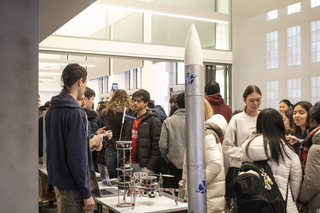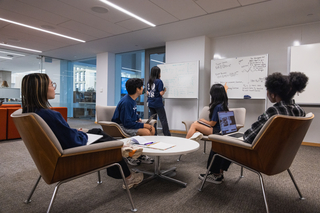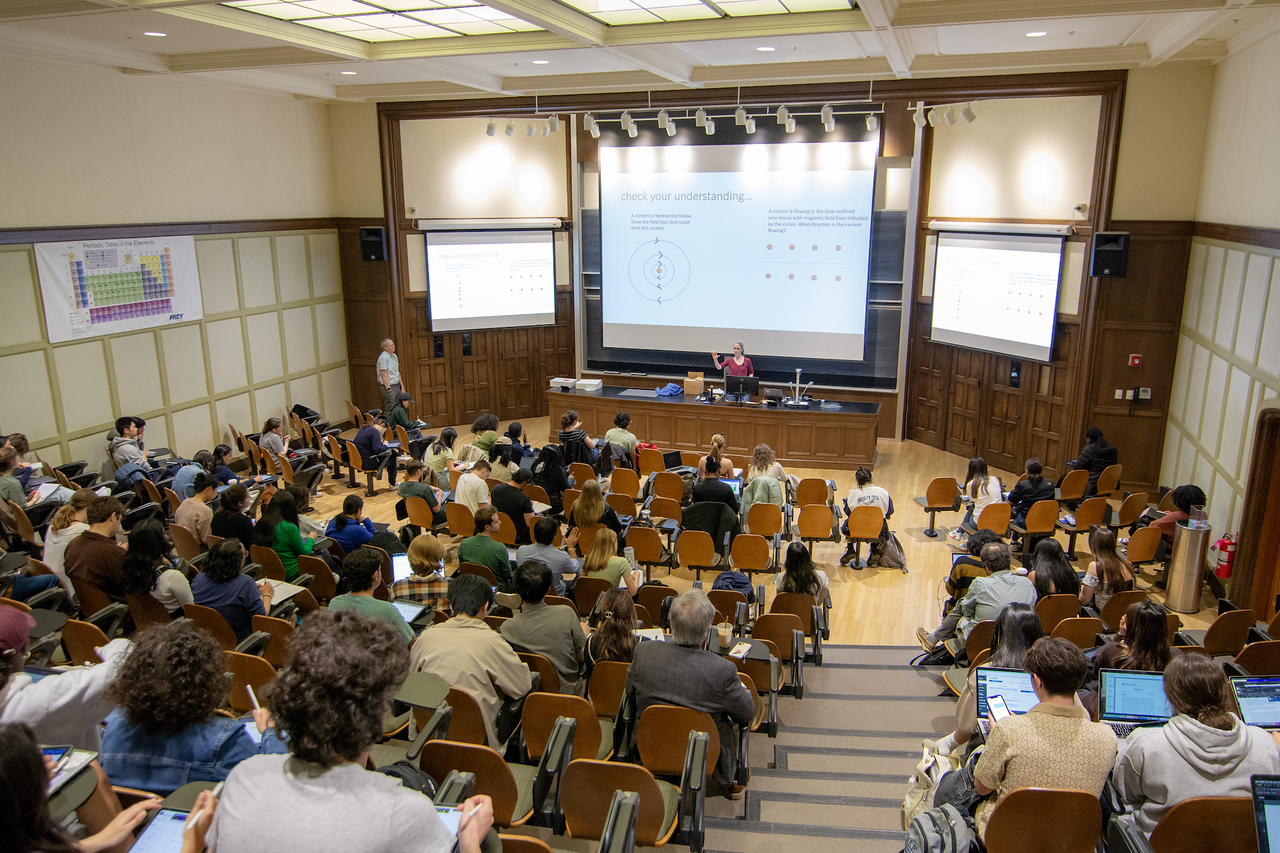Whether you are new to STEM or are pursuing a degree in the field, the Poorvu Center’s resources are designed to help facilitate your success in these areas. We provide resources including course-based tutoring, individualized support, and drop-in STEM hours. Additionally, the Academic Strategies program offers STEM Navigators, a program intended to help first- and second-year Yale undergraduates with early STEM courses, research, and more.
STEM Navigators
STEM Navigators, a program within the Office of Educational Opportunity, helps first- and second-year Yale undergraduates negotiate their early STEM courses, research, and other opportunities.

STEM Tutoring
The Poorvu Center helps train QR and Science tutors including Course-Based-Peer-Tutors (CBPTs) and Undergraduate Learning Assistants (ULAs). The Center also helps support Drop-In Hours and Small-Group tutoring for STEM courses.

We’re here to help!
Reach out to the Poorvu Center team if you have any questions or to learn more about our programs.
